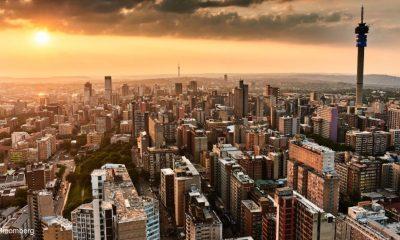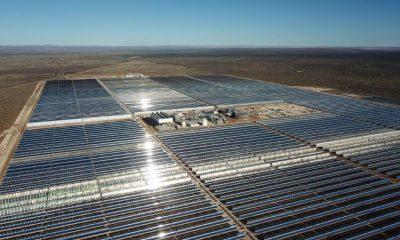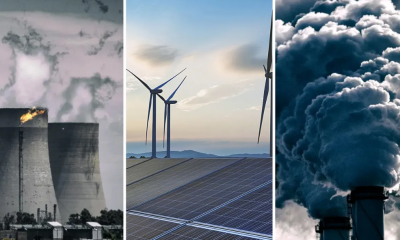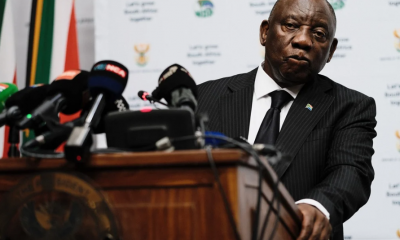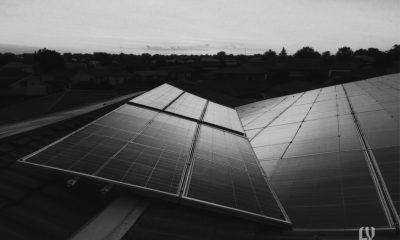411
South Africa Courts Gulf Investors in Ambitious $5.5 Billion Infrastructure Drive
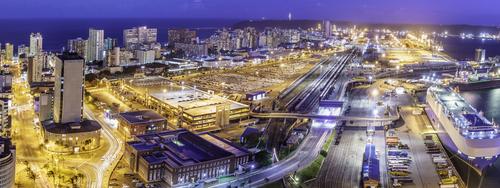
In a high-stakes diplomatic and economic tour, South Africa’s Minister of Public Works and Infrastructure, Dean Macpherson, visited key Gulf nations in February to attract foreign direct investment for the country’s infrastructure sector. The trip, which included stops in Kuwait, the United Arab Emirates (UAE), Saudi Arabia, and Qatar, marked a renewed push by South Africa to secure ZAR 100 billion (approximately $5.5 billion) in infrastructure financing.
South Africa’s new government of national unity is looking to jumpstart the economy by reversing years of underinvestment in public infrastructure. The ambitious agenda includes roads, bridges, housing, energy, water systems, and education and healthcare facilities.
During his Gulf tour, Macpherson held meetings with some of the region’s most influential institutions—including the Emirates Investment Authority, Mubadala Investment Company, Msheireb Properties, the Qatar Investment Authority, and the Saudi Development Fund.
“Many of the Gulf ministers and agencies we met with hadn’t had formal engagements with South Africa in years,” said Macpherson. “There’s strong interest and untapped potential for collaboration, especially in infrastructure and clean energy.”
While no deals were signed during the tour, Macpherson noted promising interest in South African opportunities, including partnerships for Saudi Arabia’s ambitious Neom project and investments into South African renewable energy and logistics sectors.
Gulf Presence Already Growing in South Africa
Some of the Gulf’s leading firms are already embedded in South Africa. Dubai-based Amea Power is developing a 120MW solar project at Doornhoek and recently won contracts to build battery storage capacity in the North West Province. The company aims to expand its solar footprint to over 1GW in South Africa—enough to power 800,000 homes.
Meanwhile, Infinity Power, a joint venture between Egypt’s Infinity and Abu Dhabi’s Masdar, was awarded contracts in December 2024 to build six solar power plants totaling 1.3GW. The company already operates 624MW of wind capacity in the country.
South Africa’s Renewable Energy Independent Power Producer Procurement Programme (REIPPPP)—now in its seventh round—has become one of the world’s most active platforms for mobilizing private capital in clean energy. The government aims to install 22.5GW of new capacity by 2030 to help end persistent electricity shortages and load shedding.
Policy Shifts to Attract Private Capital
To further attract private sector investment, the government is rolling out a new framework for public-private partnerships (PPPs) starting 1 June 2025. These new regulations will streamline unsolicited bids and encourage investor participation across sectors—from logistics to minerals and energy.
Also on the horizon is South Africa’s first-ever infrastructure bond, planned for the 2025/26 financial year. It is expected to appeal to institutional investors in the Gulf and beyond, tapping into a projected ZAR 1 trillion in public infrastructure spending over the next three years.
The Road Ahead
With the UAE already South Africa’s largest GCC trading partner—bilateral trade reached $6.5 billion in 2023—the timing of this renewed outreach is strategic. Key exports to the UAE include gold, diamonds, and citrus, while refined petroleum and copper wire flow in the other direction.
As trade and investment ties deepen, Macpherson’s regular visits to the Gulf may become a fixture in South Africa’s foreign investment strategy. But with tight fiscal scrutiny from the government of national unity, his team will need to turn diplomatic goodwill into bankable infrastructure deals—sooner rather than later.
{Source AGBI}
Follow Joburg ETC on Facebook, Twitter , TikTok and Instagram
For more News in Johannesburg, visit joburgetc.com

